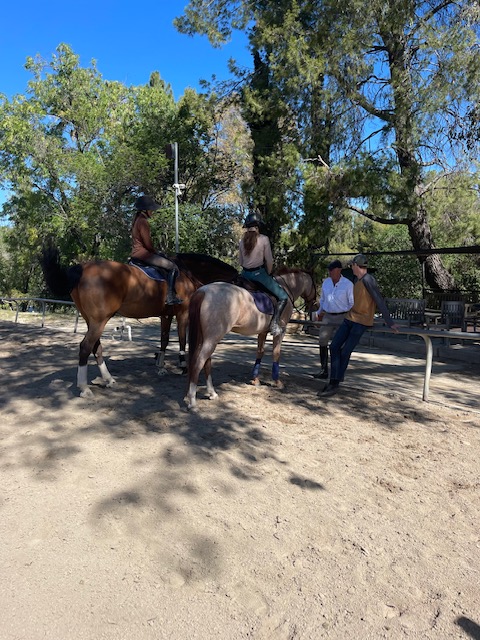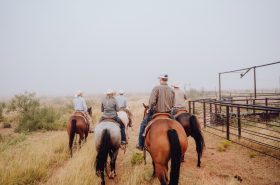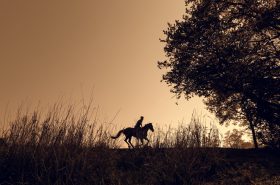Many factors contribute to an equestrian athlete’s skill development, and a great coach is often the first element others think of. A coach who builds a rider’s confidence level teaches new riders athletic skills and maintains a fun learning atmosphere is a huge asset to the rider’s well-being. Riders of all ages, skill levels, and goals should have a coach who positively influences their unique targeted goals. But an excellent coach alone is not the only important factor; however, the rider must put forth the same amount of effort, time, and patience in learning and understand their participation is essential for their learning development.

The coach’s roles include teaching students, assessing new riders’ skill levels, matching horse and rider combinations for lessons, purchasing and leasing horses for students, and attending horse shows with students and parents.
Prospective students should tour the farm and notice the rapport between the farm’s current students and parents with the instructors. The barn manager might give new students the barn pricing and information or lesson schedules, but the coach is why students come to ride. Also, notice if the farm prides itself on its trainers by showcasing bios, displays awards, or other qualifications and affiliations their trainers have achieved. The farm should be proud to have the trainers they have teaching.
Before choosing the right coach, a great first step includes the rider understanding their roles and limitations in the success of their learning process. Riders need to take ownership of their learning process because they can have an excellent coach, but suppose the same rider has low motivation for change, misses lessons often, and finds excuses when challenges arise. In that case, there will be little improvement regardless of how great the coach is. Pursuing a new sport takes time, dedication, patience, and money.
Secondly, riders should know their learning style and what motivates them. Every coach teaches differently, and prospective riders should watch lessons if they can. Most barns will encourage potential new students to watch lessons before signing up. Watching lessons prior allows prospective students to get a vibe around the farm, notice the comradery with everyone, and a chance to see how students learn from the teachers.
Thirdly, watching will allow prospective riders to self-reflect and become attuned to their learning style. For example, a student who values a coach who has a teaching style that is more self-motivating while learning is less of a drill sergeant and meets riders at their present skill level might be great for rider A. However, rider B may prefer a coach who has a stern approach, is more direct, and assigns challenging rides. Both coaches can be great for the correct riders; both coaches ideally can modify teaching approaches when needed. Still, riders should be aware of the learning style that suits them best. Working with a coach that fits each rider effectively and not riding with the closest trainer available after school will be most beneficial and enjoyable. Riders should expect specific goals they set might be out of the coach’s control, too.
Adult riders and the parents of young riders should understand and explain to the child horses are expensive, and staying within a family’s budget comes with certain limitations, which are out of the coach’s control. For example, a child might not place as high competing versus their friend who ranks higher because one child’s horse is a fancier mover in a hack class. Everyone’s success is different, and ultimately everyone rides because it is fun! Awareness of all factors is essential; understanding the student and coach relationship is collaborative, and the roles each person plays is crucial.
A great coach can enhance athletes’ performance skills physically and cognitively. A coach that builds clients’ confidence levels, increases positive self-talk and keeps learning fun plays a crucial role in the athlete’s development.
What have steps have you done to ensure you find the best coach for you?
Love this blog post? We think you will like Finding a Trainer is like Finding a Therapist



